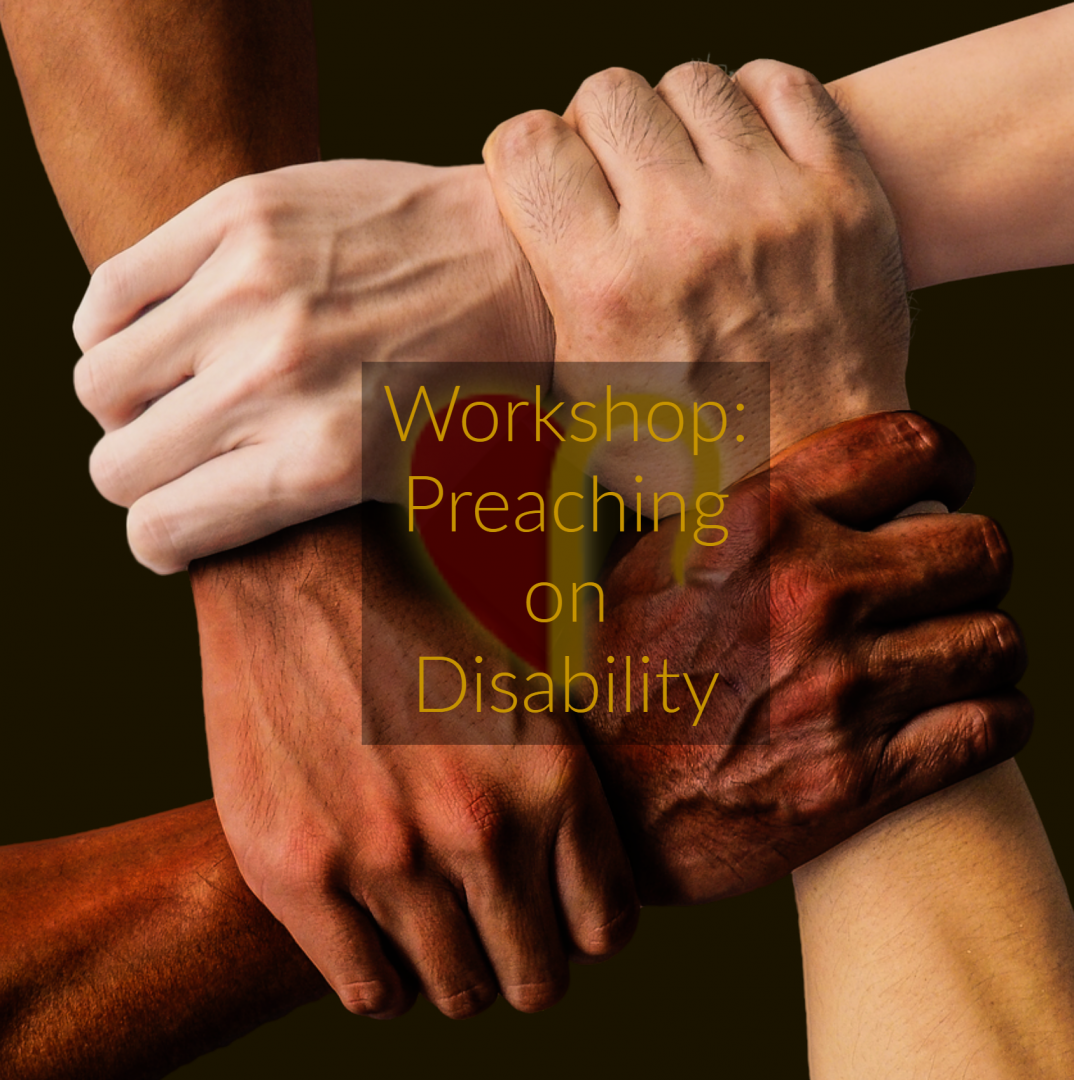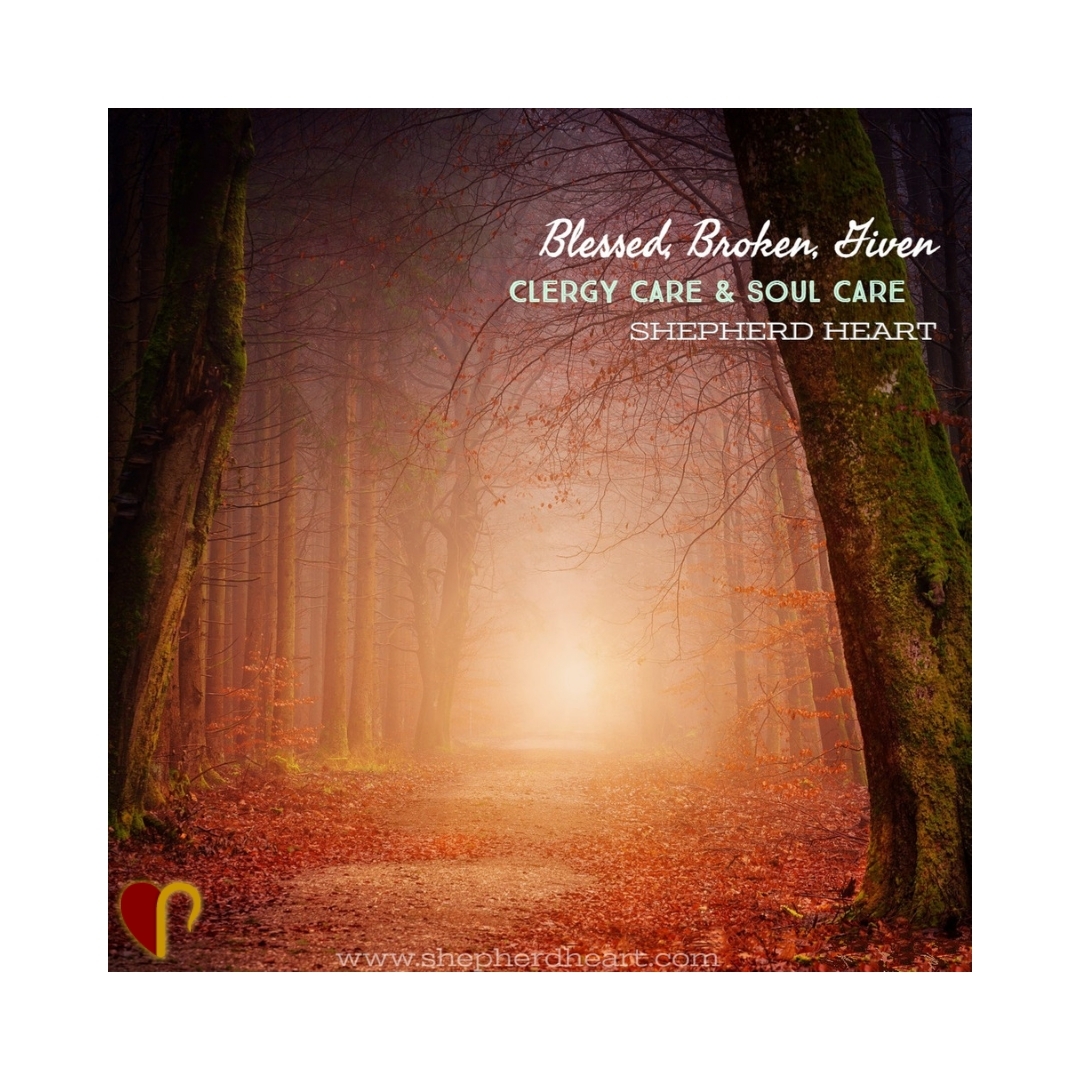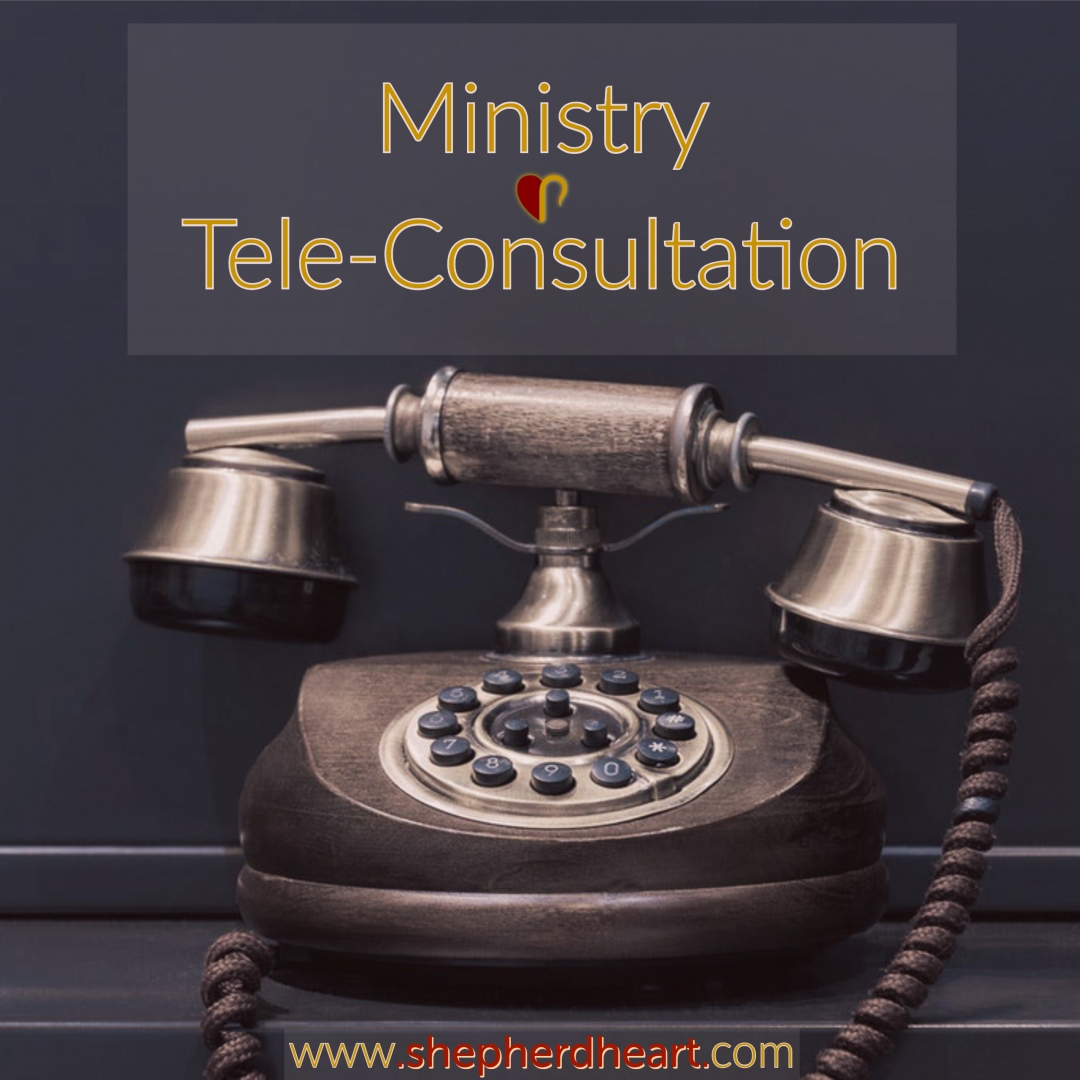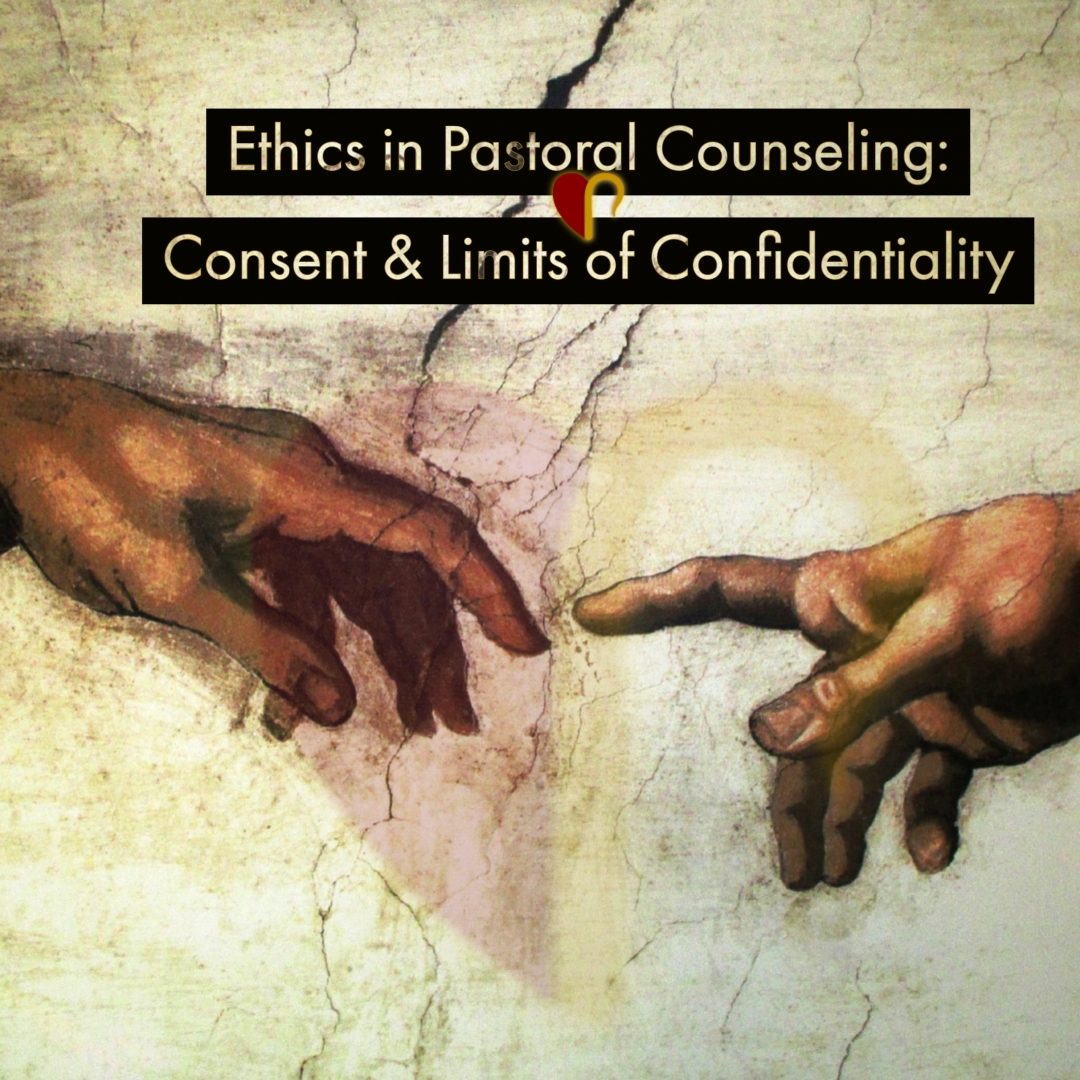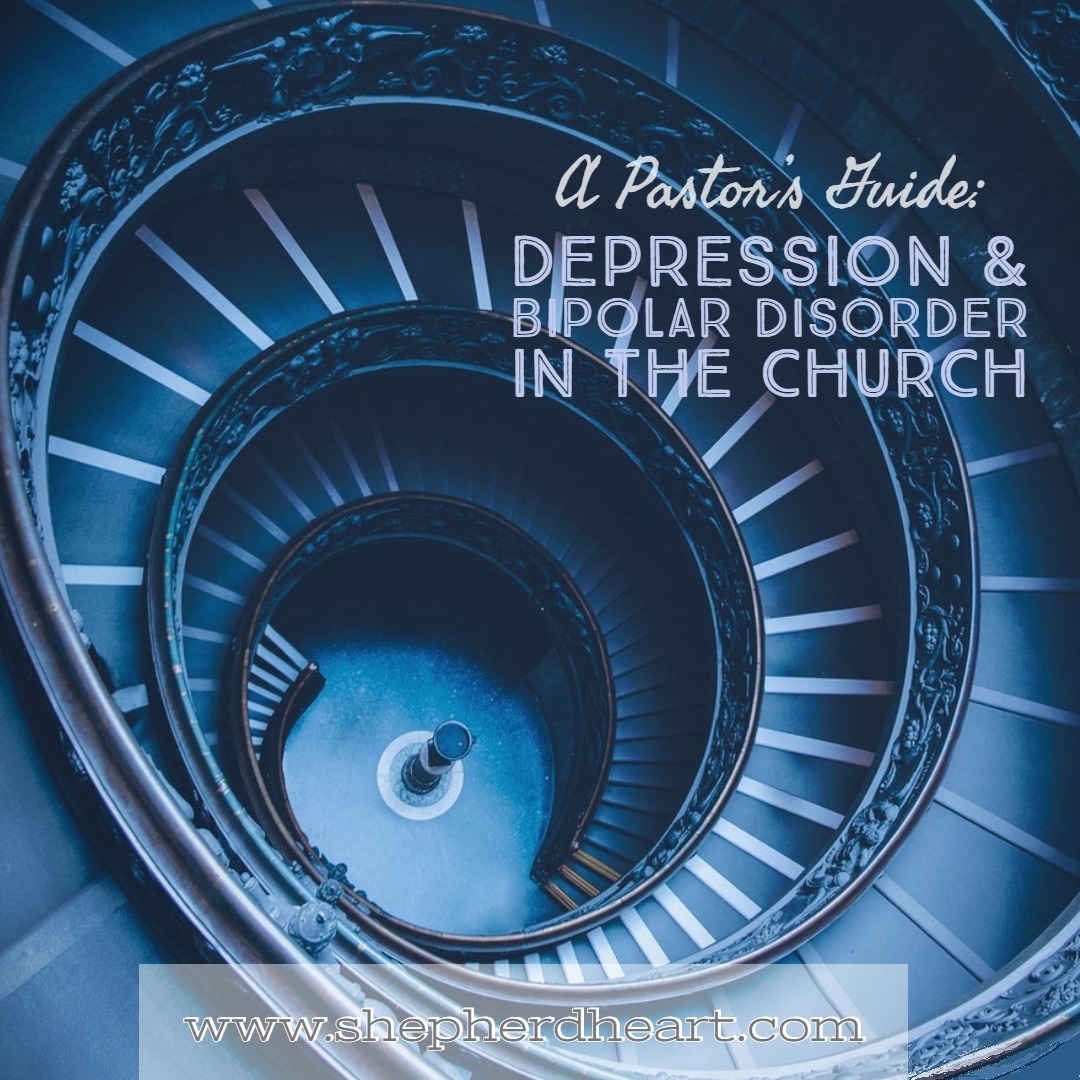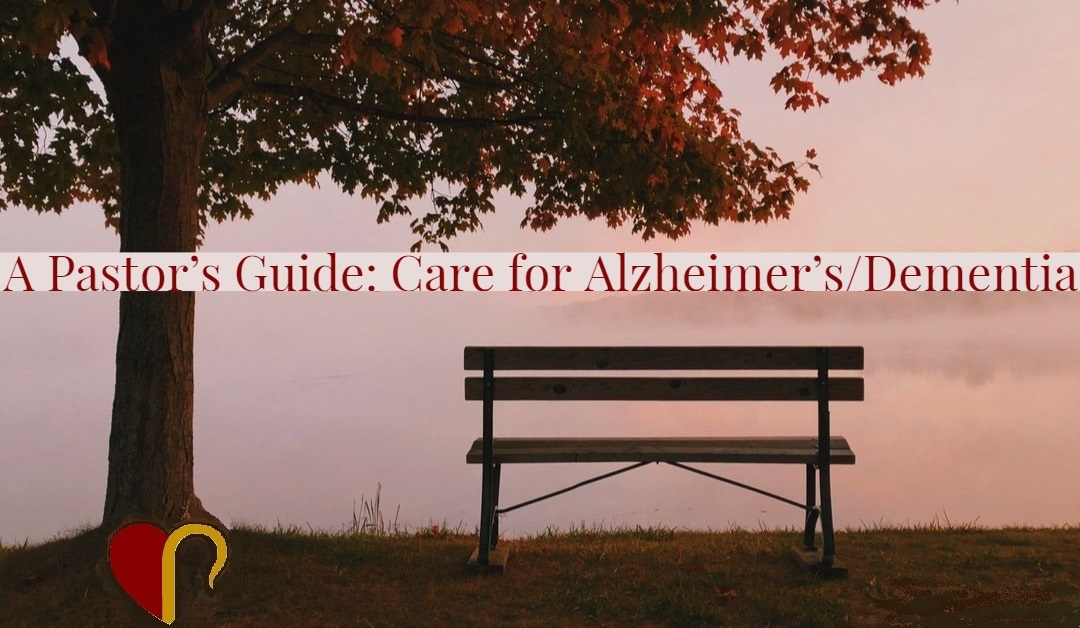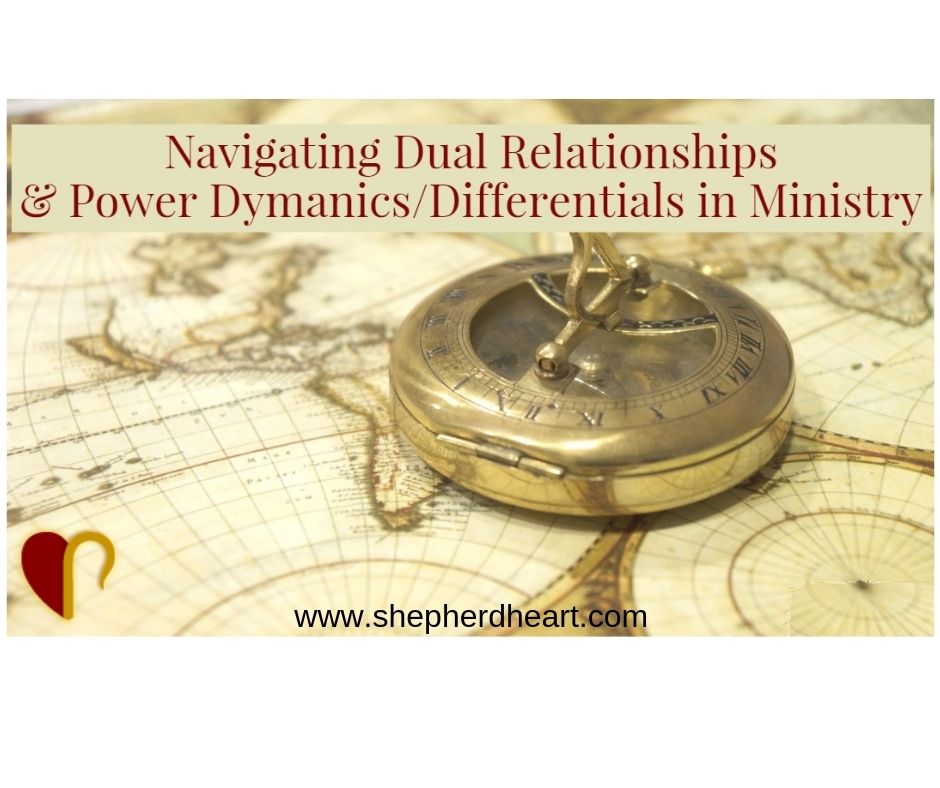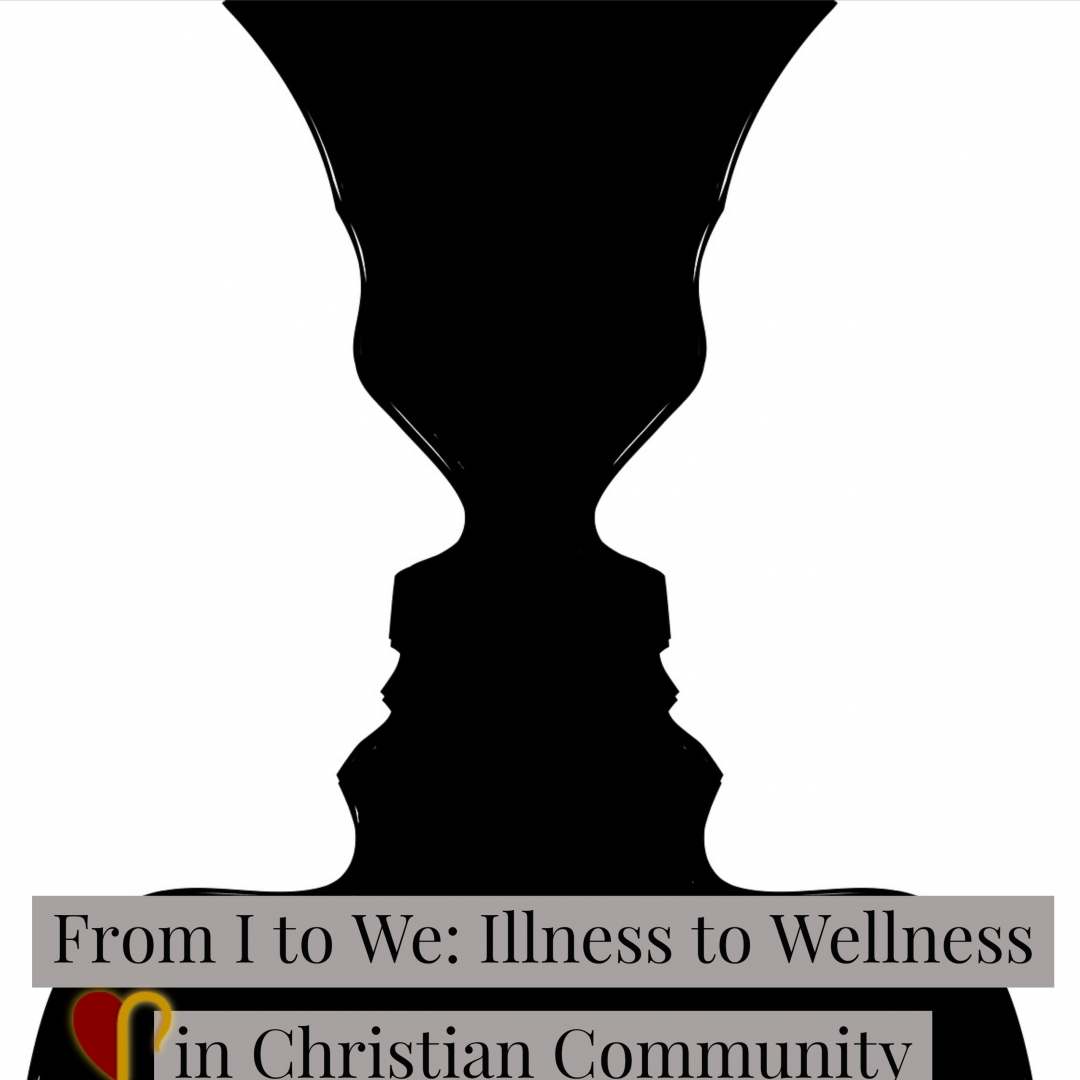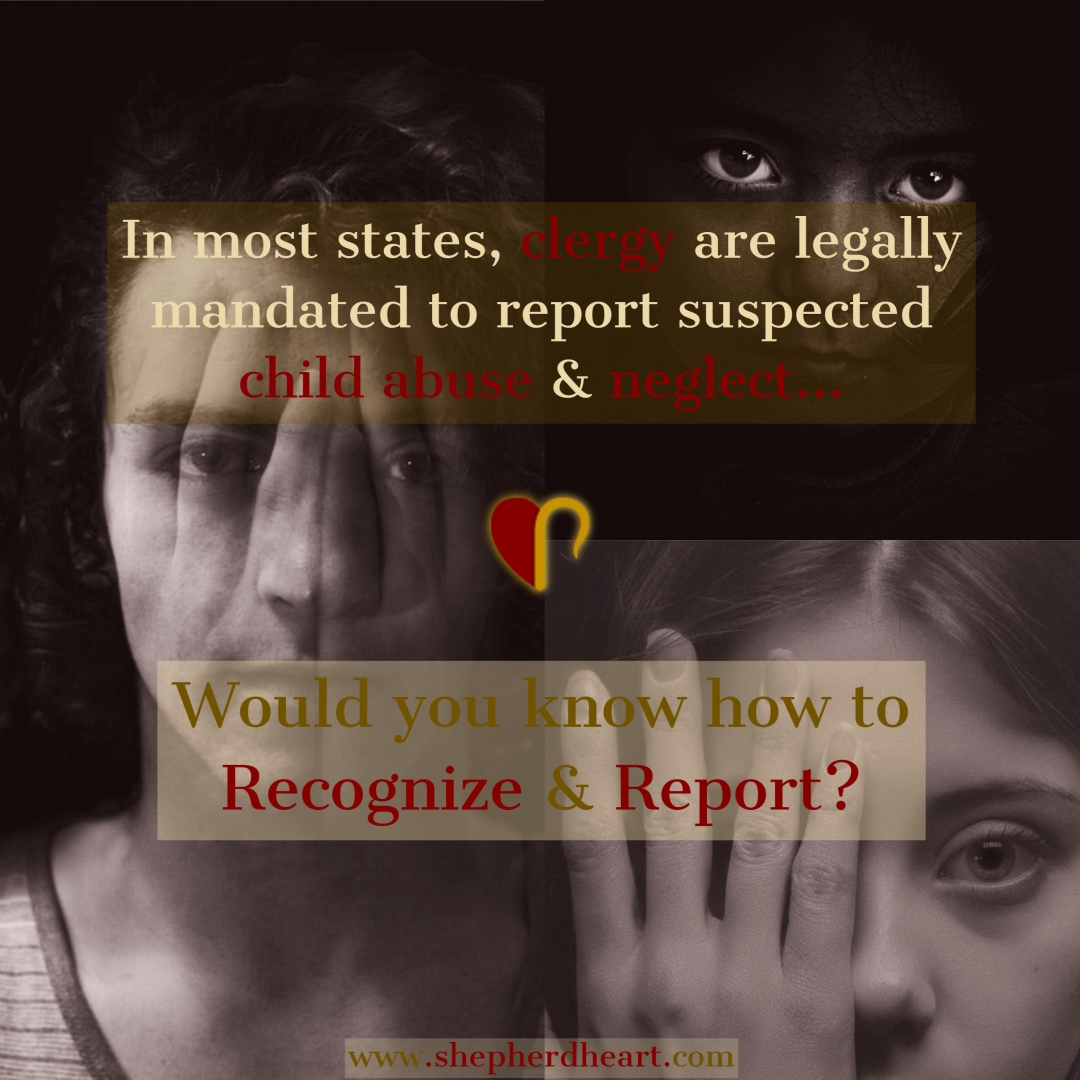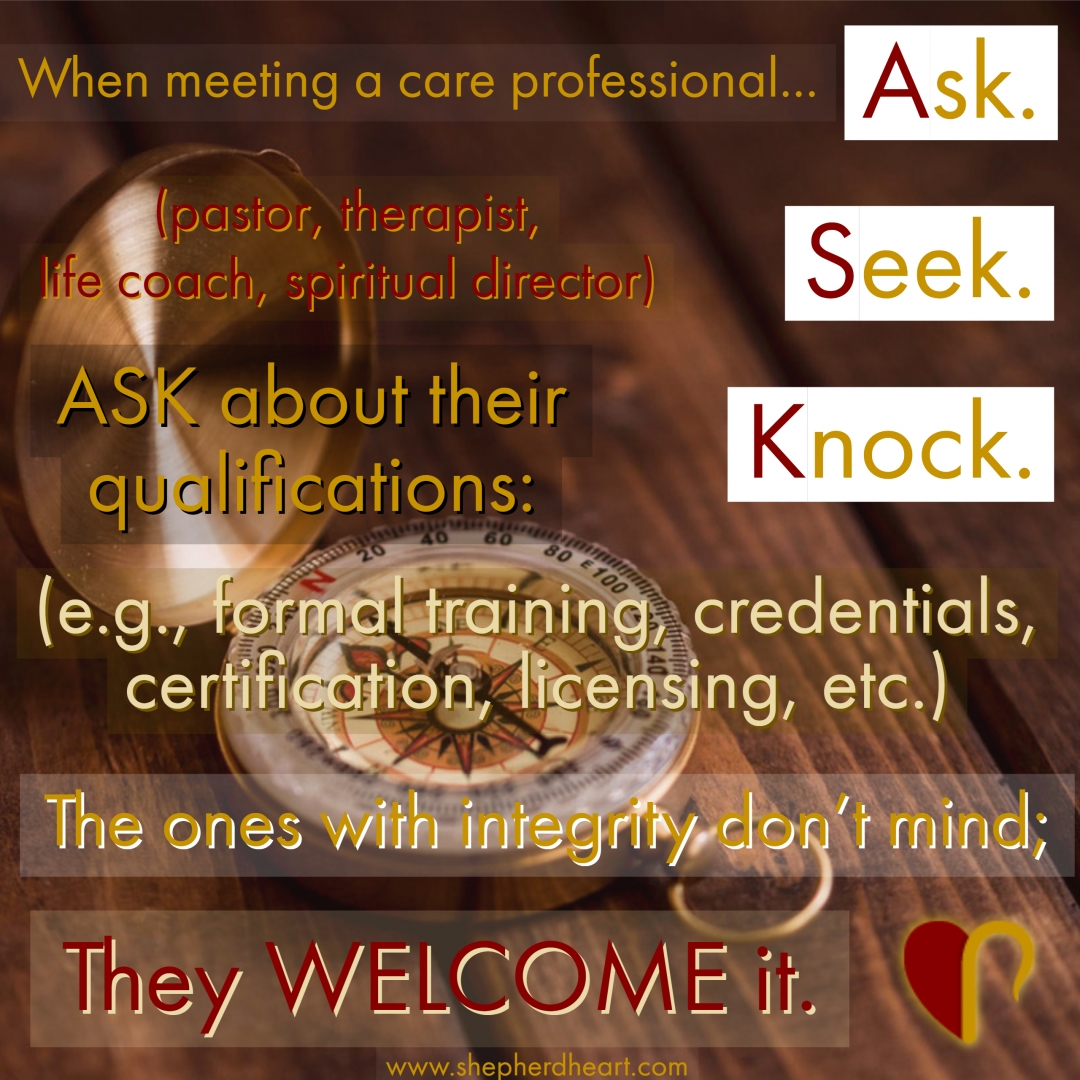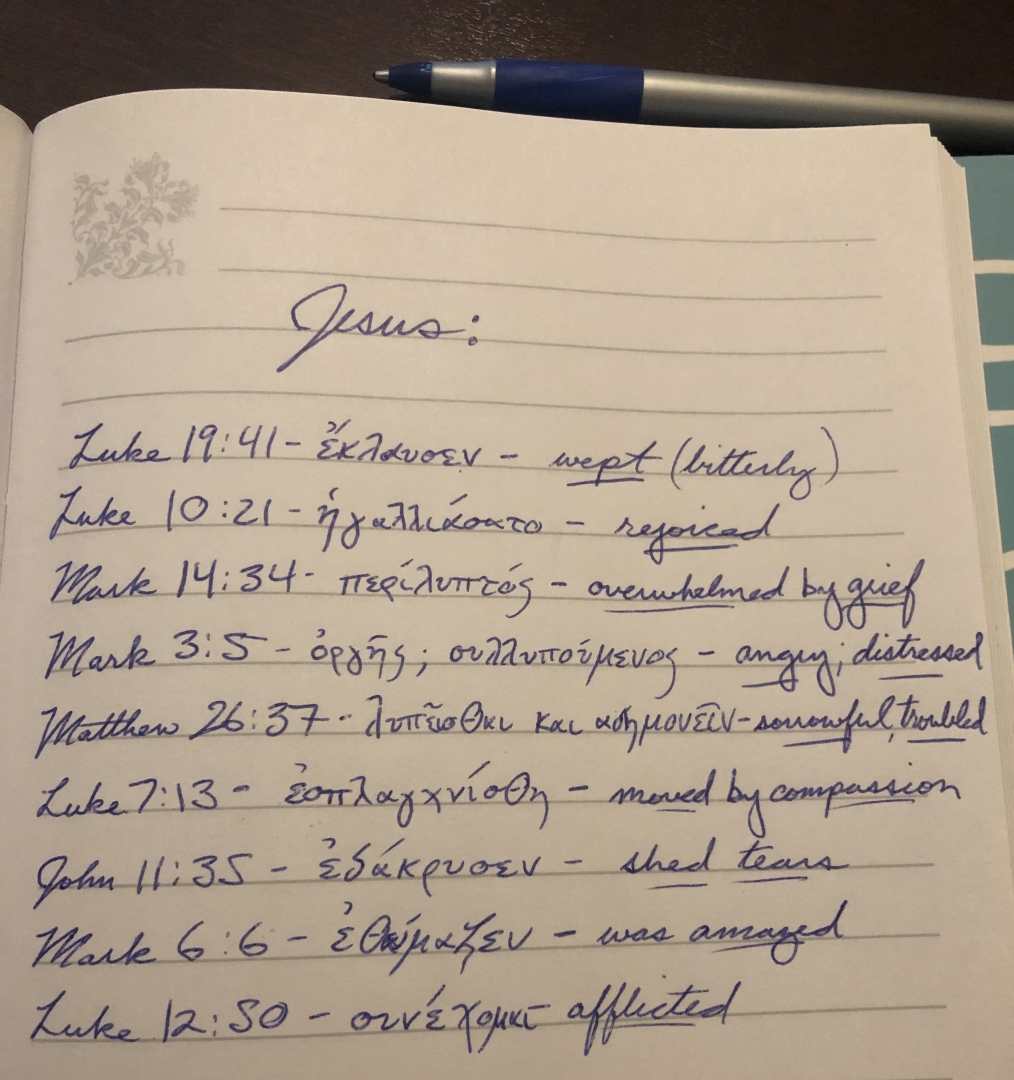
Righteous Lawyering
By Laura Glass-Hess
I remember, when I first got out of law school, that I was often angry. I was steeped in a clear, right vs. wrong morality by Christian education, followed by three years of higher learning in how to ask questions and find holes in the easy answers. The world I entered as a young lawyer seemed to have so much that was obviously wrong. So at legal aid, I wrote demanding letters to opposing counsel about discovery disputes. I raged to my co-workers at the public defenders’ office about the self-righteousness of a prosecutor who refused to offer my young client probation. I sent some crazy emails. I agonized about disproportionate punishment that did not fit the crime. I passionately implored a jury that the government was too blind to see the truth but that- you the jury, you have the power to exonerate an innocent man. Every act of injustice was an affront to truth that I took personally. I remember crying in sheer frustration when I couldn’t convince a prosecutor to do what I thought was right.
Then I lived some more life and learned about making compromises and seeing things from other people’s perspective, and I wasn’t angry quite as often. My unsustainably intense righteous zeal has been tempered with experience. Yet, I still believe that righteous anger is valuable, and relinquishing it would mean giving up our power to hope for good in the world. Righteous indignation is appropriate and necessary when the law is used in an abusive or unfair way against people who are powerless.
In my work as an immigration and criminal defense attorney, I represent people who have very little power. In this work, the things that most awaken my sense of righteous indignation are the people with power who, when in a position to do justice, either pretend that they don’t have that power, or blame their actions on orders from above. The much older attorney who pulled me aside before a hearing to tell me that he knew I was right, that he wished he didn’t have to prosecute my client, but “I have to do what my client (the government) wants.” The young trial attorney who told me that she can’t release my asylum-seeking client from detention— when what she means is, it’s against policy so she won’t do it. This makes me angry, and it gives me an extra fire when I walk into that hearing.
I also realize that having the freedom to show anger is a privilege, and one that my clients don’t have. Of course I have to be respectful to judges, and I can’t say every single one of the things that I am thinking to that prosecutor; but I can get away with raising my voice, making forceful arguments, or telling a government attorney that they are wrong. My clients are not allowed to do that; the consequences would be harsh. My background and education give me the tools to fight in an arena that is often baffling and intimidating, and it’s a great privilege to be able to level the playing field a little for my clients.
I’m still learning how to balance the need to be offended by injustice, while working in the midst of a system that is hopelessly stacked against the powerless. It’s never easy to know where serenity ends and complacency begins, or when righteous zeal becomes unproductive rage. But it’s a struggle worth making, every day.

Laura Glass-Hess is the managing attorney of GlassHessLaw, LLC, an immigration and criminal defense law firm in Atlanta, Georgia.
Apply now for this summer’s Pastor & Spouse Retreat: Emotionally Healthy Marriage in Ministry. (July 17-20, Northern AZ)
Take a look at upcoming events & ministries at Shepherd Heart. Share in the Shepherd Heart vision & mission.
If you support the vision and the mission of Shepherd Heart, you can give a gift to sustain its ministries.
Shepherd Heart is *not* a 501c3, and therefore gifts are not tax-deductible at this time. Your gifts of any amount are deeply appreciated.


